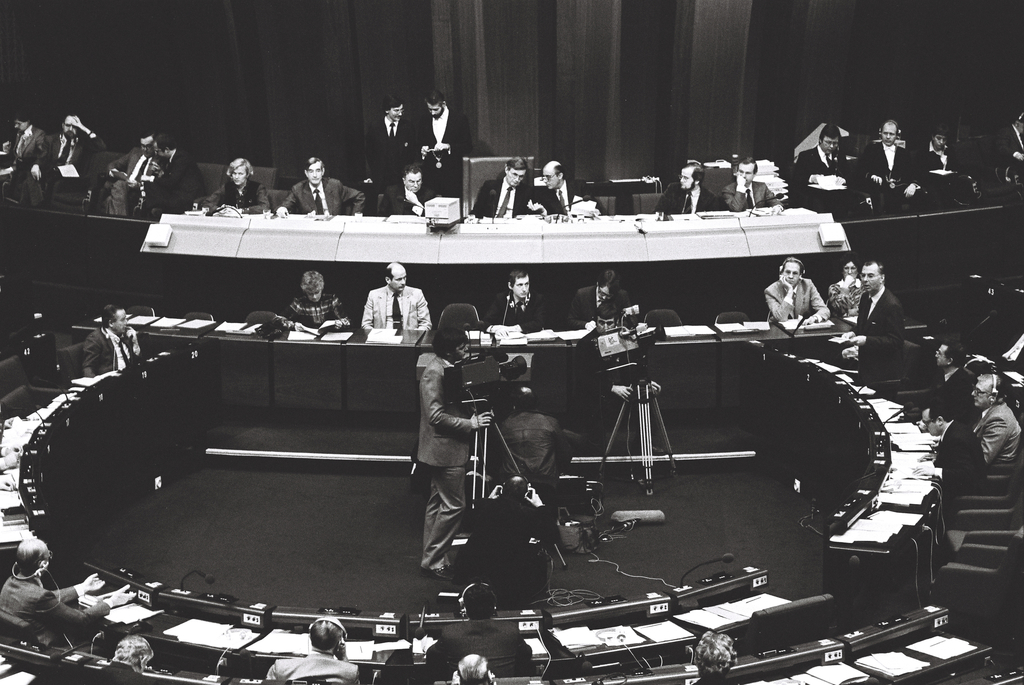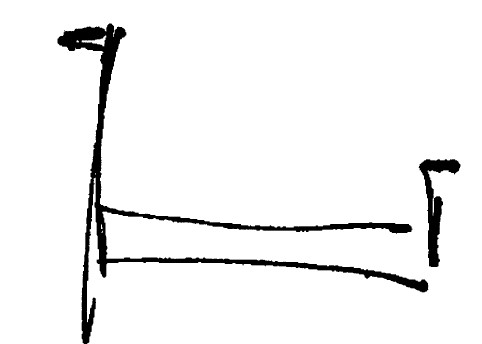Biography
Pieter Dankert was a Dutch politician, born on 8 January 1934 in Frisia. After completing a fast-track training as a primary school teacher at the Leeuwarden Teacher Training College (1955-1956) he studied History at Amsterdam University (1956-1959). He then worked as a researcher at the Koos Vorrink Institute from 1963 to 1971, becoming its Director in 1965. From 1975 to 1980, Dankert held the position of President of the Netherlands Institute for Peace and Security.
He passed away on 21 June 2003.
Political Posts held
• From 1958: Member of the Dutch Labour Party; member of its executive board from 1963
• 1965-1977: Member of the Socialist International Bureau
• 1968-1981: Member of the Second Chamber of the Dutch Parliament; 1973-1980: Chairman of the Standing Committee on Foreign Affairs
• 1971-1977: Member of the Western European Union, general rapporteur for the Political Affairs Committee of the NATO Parliamentary Assembly
• 1974-1976: Chairman of the Royal Committee on Defence
• 1977-1979: Member of the European Parliament
• 1979-1989: Elected as a Member of the European Parliament
• 1978-1979: Vice-President of the Socialist Group
• 1979-1982: Vice-President of the European Parliament
• 1982-1984: President of the European Parliament
• 1984-1989: Vice-President of the European Parliament
• 1989-1994: Netherlands Secretary of State for Foreign Affairs, responsible for European cooperation
• 1994-1999: Re-elected as a Member of the European Parliament
What's in the Archives
The archive of the Cabinet of Pieter Dankert is organised in the light of the various activities performed during his term of office as President of the European Parliament.
Public Figure
PE1 P2 100/PERS
This series is comprised of all the sub-series relating to the public activities and the media image of the President of Parliament as the key public representative of Parliament.
The series is made up of the following seven sub-series:
- Biographical aspects
- Sponsorship and events
- Media image
- Honours and awards
- Defence of human rights
- Exchanges with private individuals
- Election to the Presidency
Presidency of Parliament
PE1 P2 200/PRES
This contains documents covering all the sub-series relating to the President's political activities between 1982 and 1984, together with the administrative duties of the President's Office. This main series contains documents on Dankert's performance of the duties of the President of Parliament, representing the institution in exchanges with both internal and external bodies.
The sub-series making up this main series thus fall into several sets:
- Exercise of the Presidency
- Interinstitutional relations
- Interparliamentary relations
- External relations
- Relations with the press
- Relations with citizens
- Internal relations
- Office of the President
Secretariat of Parliament
PE1 P2 300/SECR
The final series covers all the sub-series illustrating the relations between the General-Secretariat and the Office of the President between 1982 and 1984. The series is therefore arranged, on the one hand, by the internal establishment plan of the time and its five Directorates-General and, on the other, by the various internal EP bodies with which the Cabinet maintained relations: the political group secretariats, the Staff Committee and the trade unions. These documents give a picture of the administrative duties performed and the internal relations maintained by the General-Secretariat.
The sub-series are classified as follows:
- Secretary-General
- Directorate-General for the Registry and General Services
- Directorate-General for Committees and Delegations
- Directorate-General for Information and Public Relations
- Directorate-General for Administration, Personnel and Finance
- Directorate-General for Research and Documentation
- Staff Committee
- Trade unions
- Political group secretariats
 Election of Dankert as EP President. Leo C. Tindemans (L), Pieter Dankert (C), and Enrico Vinci (R) © European Union 1982
Election of Dankert as EP President. Leo C. Tindemans (L), Pieter Dankert (C), and Enrico Vinci (R) © European Union 1982
